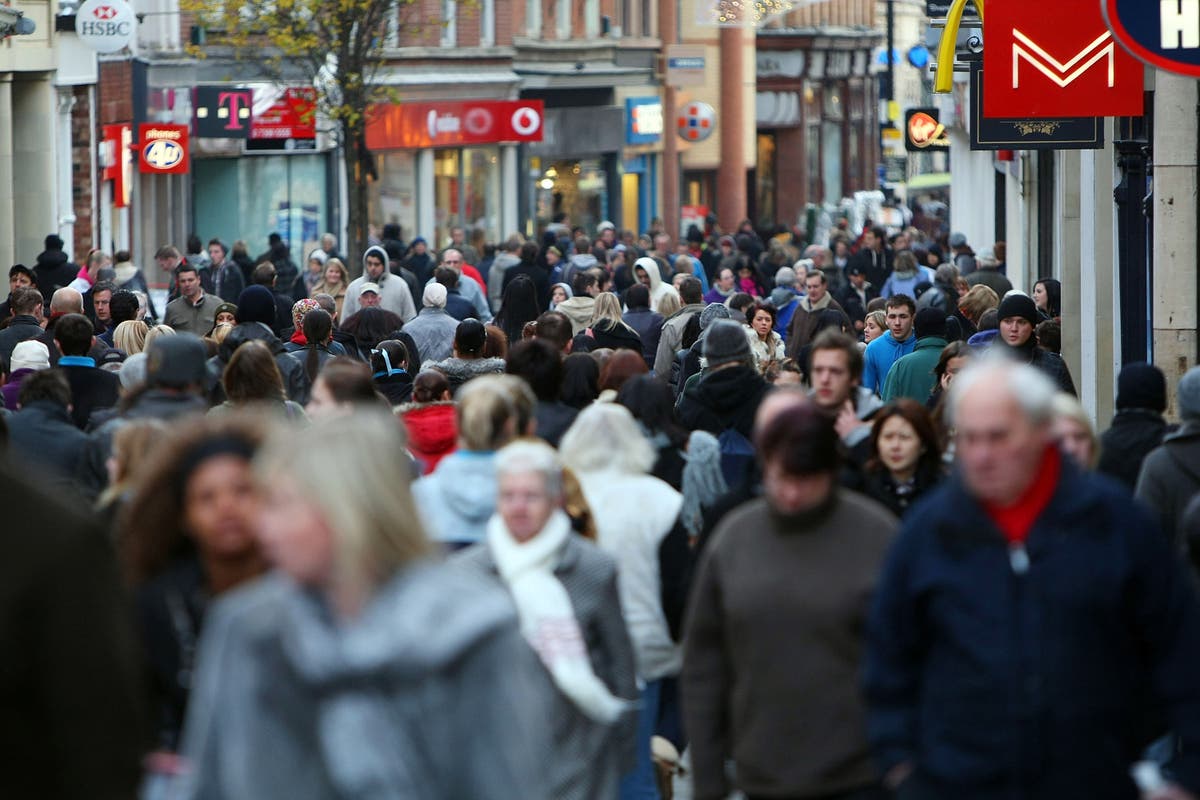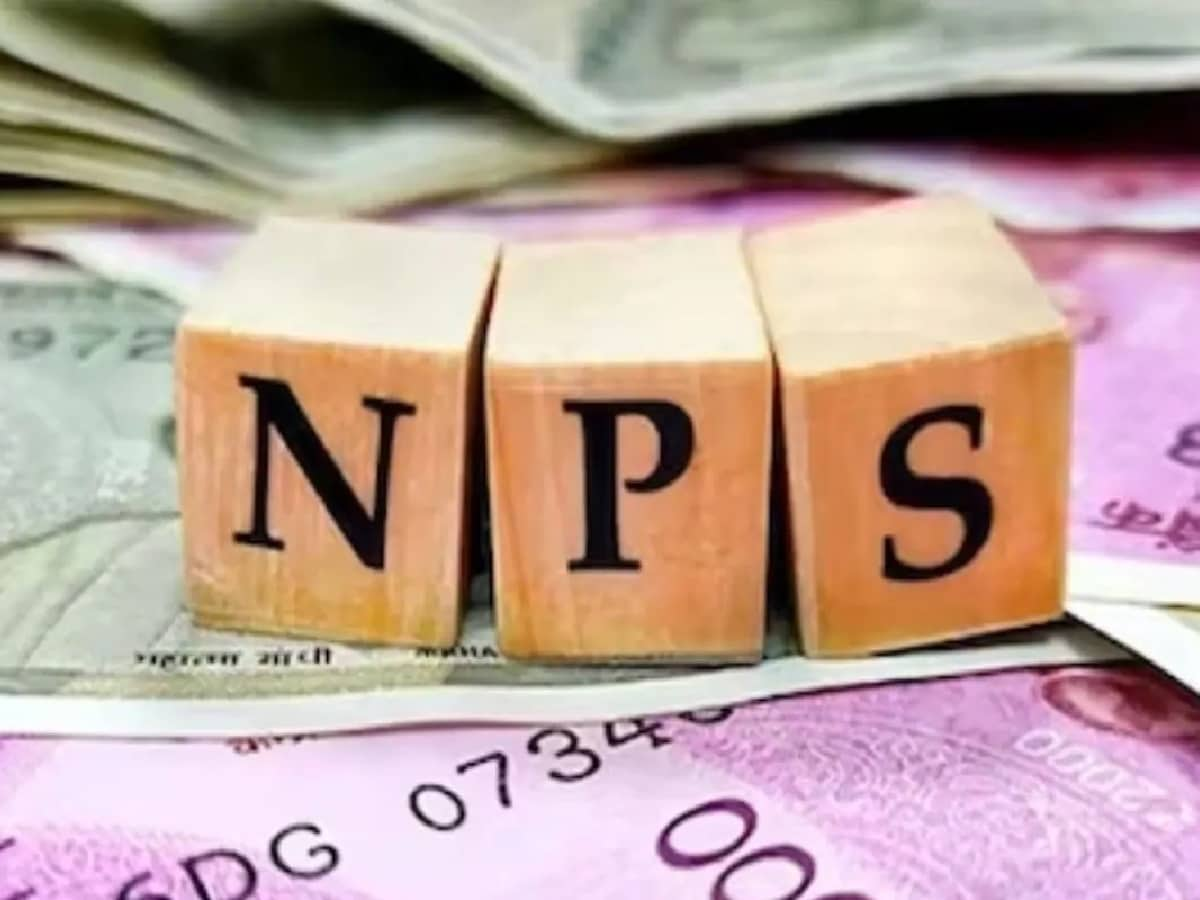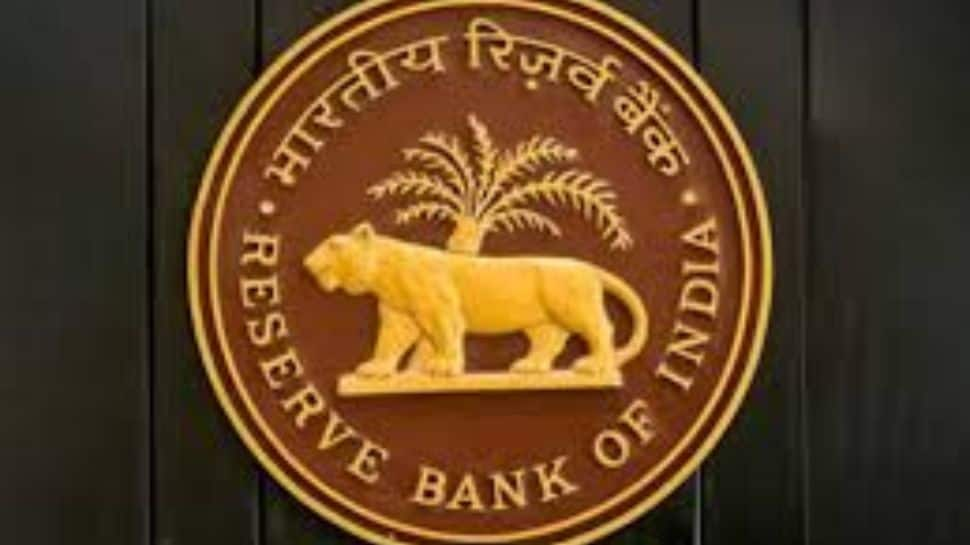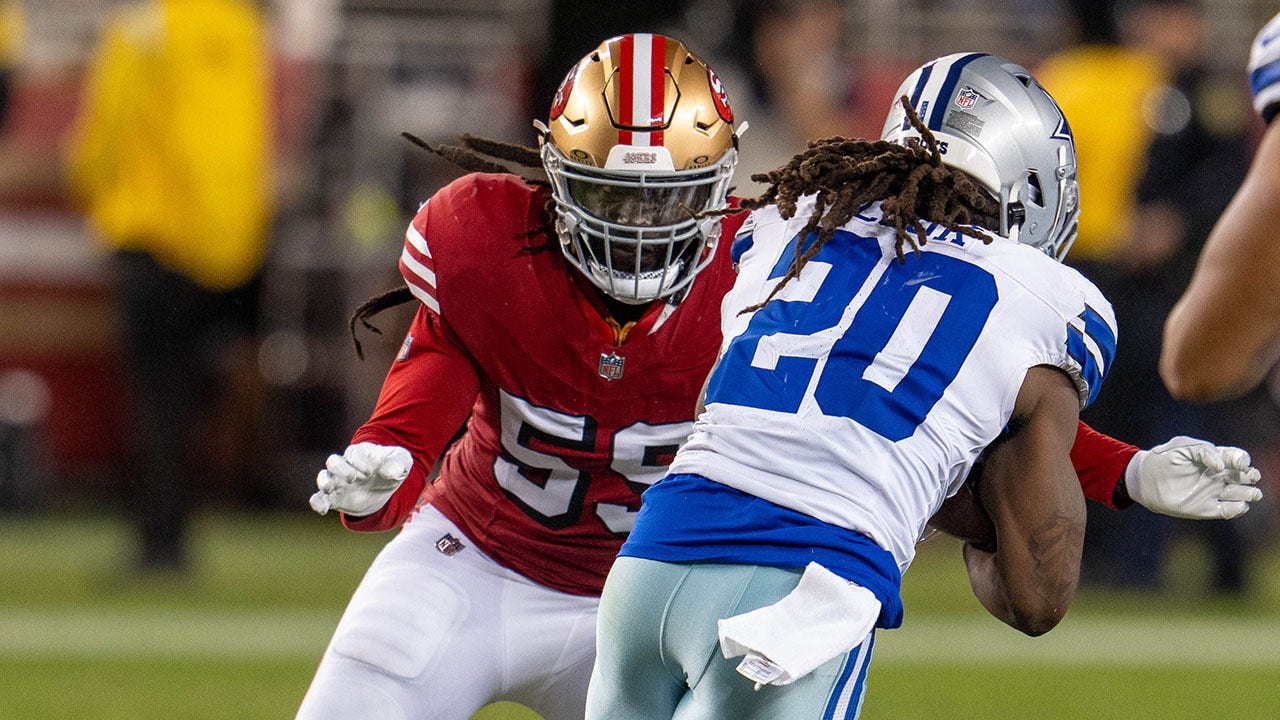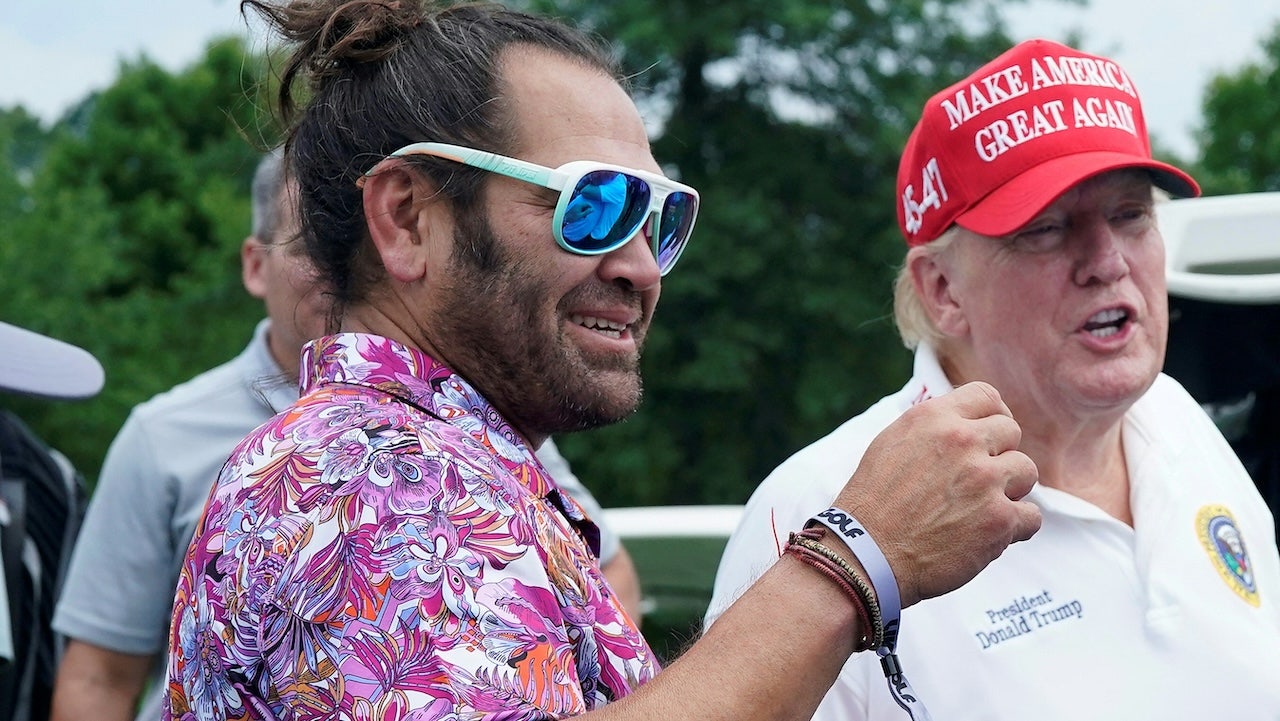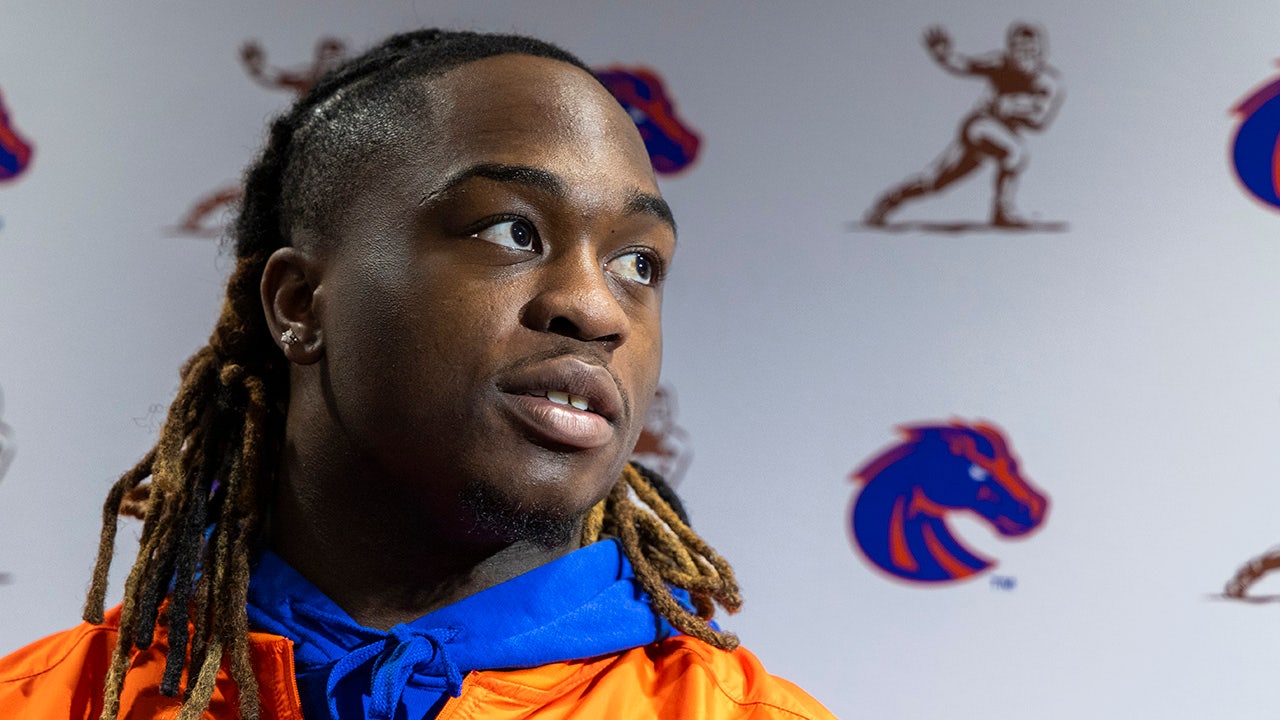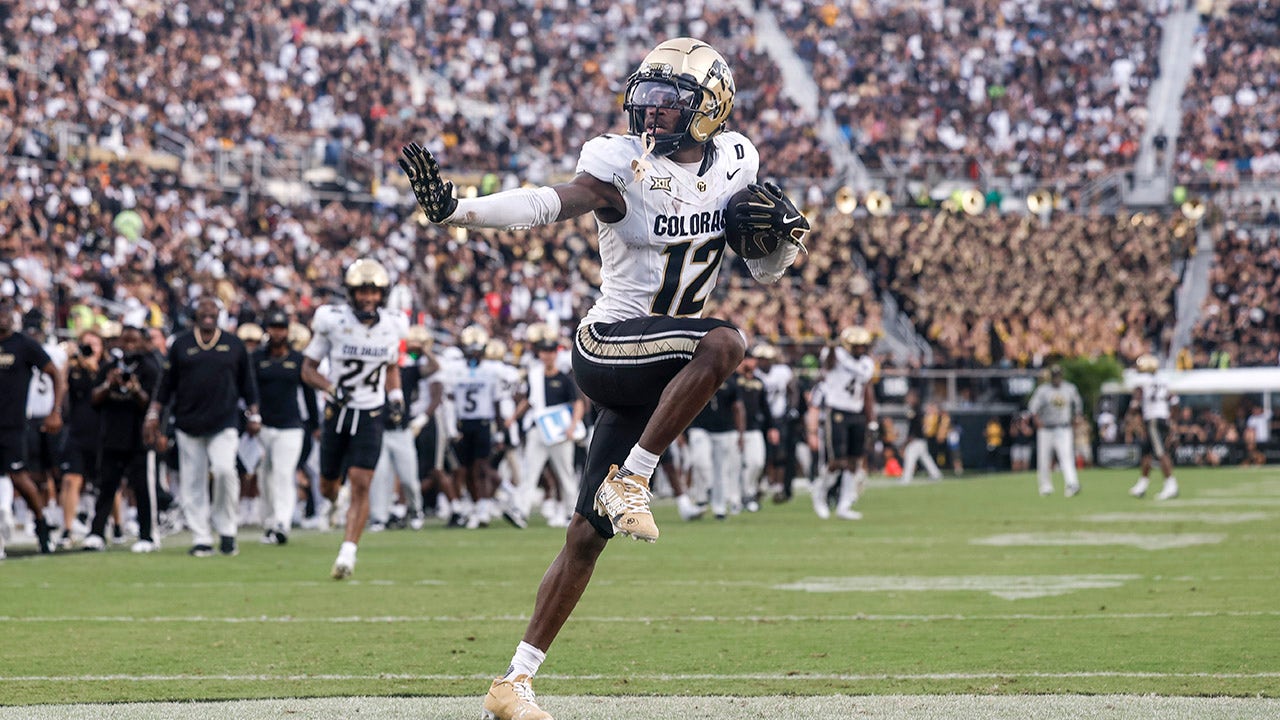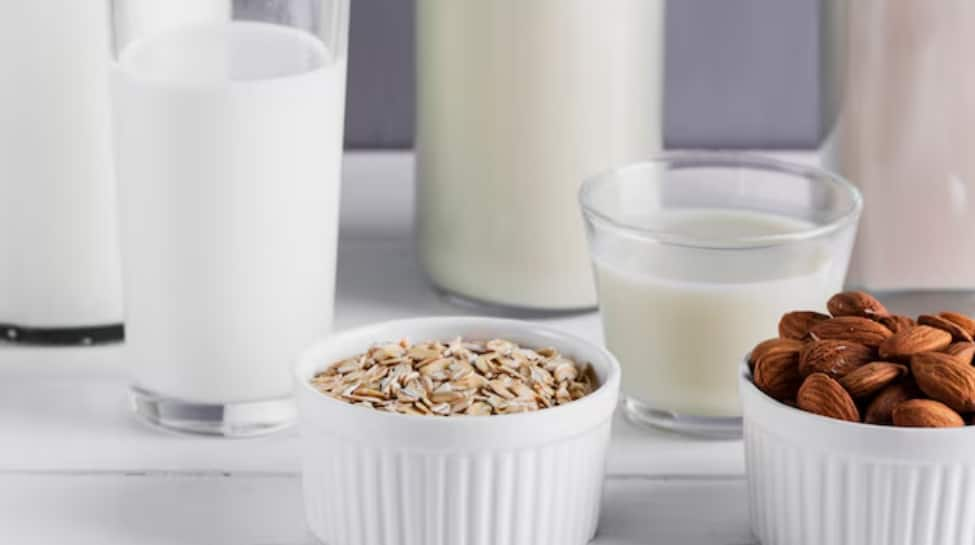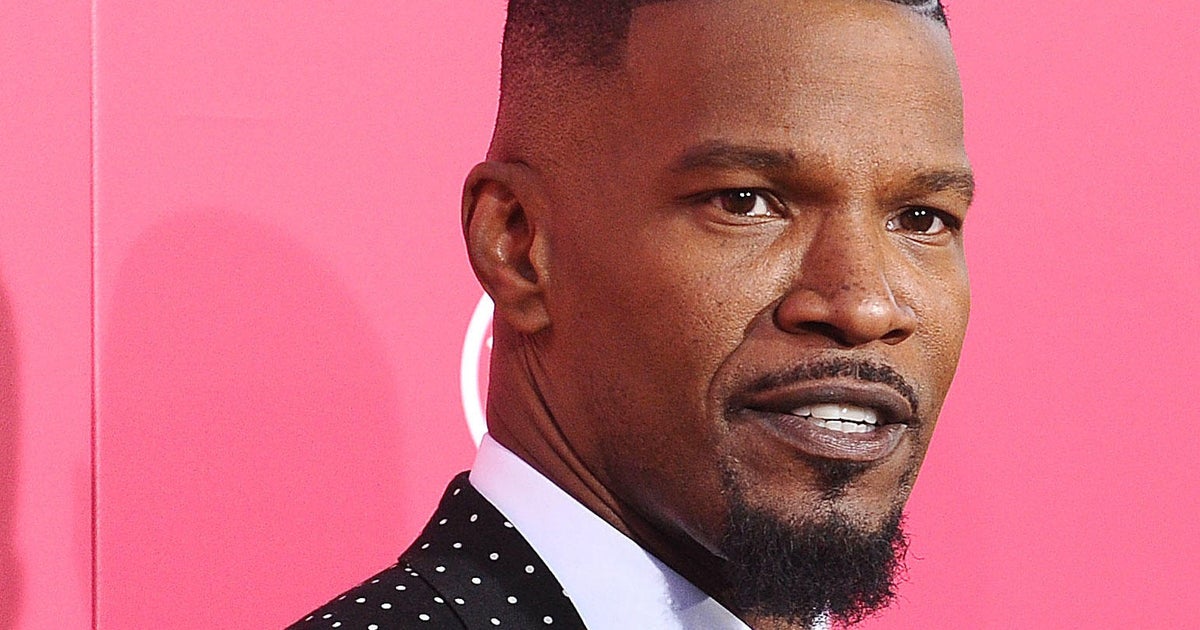A month after losing to Danielle Veach by a five-vote margin, 84-79, Michetti filed a petition seeking to unseat her opponent and disqualify her from holding office for at least seven years. According to the court document, tensions in Pouce Coupe had boiled over after Veach hosted a “Tea and Talk” campaign event at a local pizza place.
The Sept. 18 affair was billed by Veach as a way for voters to “enjoy tea or coffee with a delicious cinnamon bun and ask questions, get to know me, and my plans for working towards bettering our community.” According to court documents, Veach spent 44.50 Canadian dollars on the drinks and pastries and then gave the restaurant a tip of 50 Canadian dollars, a total amount equal to about $70.
Those refreshments, however, would later become the basis for Michetti’s petition, in which she claimed the food giveaway amounted to buying votes and had “resulted in [Veach] winning the election.”
Branch, the judge, was then left to decide whether the snacks ran afoul of electoral rules that specifically prohibit “offer[ing] incentives to an elector to vote or not to vote, or to vote for a particular candidate.”
Michetti and Veach didn’t respond to requests for comment from The Washington Post.
During a four-day hearing, witnesses, some of whom had attended the “Tea and Talk,” told the court that cinnamon rolls and coffee weren’t enough to influence their votes. One of them, Lisa Saffran, said she found the suggestion “totally ridiculous.” By the end, Branch wound up siding with their assessment, ruling that “the simple drinks and buns provided here did not cross [the] line.”
“I find that Mrs. Veach’s purpose for supplying the very limited refreshments here was simple human decency and politeness, particularly given that it was an early weekend morning gathering,” Branch concluded.
Emily J. Arendt, a history professor at Montana State University Billings, told The Post that — whether it’s cinnamon buns in Canada or corn dogs at the Iowa State Fair — politics and food go together like bread and butter.
“Politics is a social activity, and social activity has historically always included food,” Arendt said. “And so whenever you’ve got community gatherings, food is a huge part of that. Since politics is so fundamentally about bringing people together in a community, it makes sense to me that you see food being brought in as well.”
Throughout the colonial era and 19th century, campaign events brimming with booze and food were so typical that they inspired at least two terms, Arendt said: “treating” and “swilling the planters with bumbo.” George Washington himself wasn’t above letting liquor flow ahead of Election Day — his campaign served a whopping 144 gallons of rum, punch, hard cider and beer in his (victorious) run for a seat in the Virginia House of Burgesses.
But in gastronomical politics, “the pinnacle of presidential or candidate success” was having a cake named after you, Arendt said — á la the Washington Cake, the Harrison Cake, the Madison Cake or the Jackson Jumbles.
Nowadays, politicians are more likely to continue the tradition by munching on local food or organizing “hot dish house parties,” as Sen. Amy Klobuchar (D-Minn.) did during her 2020 presidential campaign, when she fed voters the casserole-like Minnesota staple.
The last time a cinnamon roll entered the world of politics appears to be in 2019, when now-Transportation Secretary Pete Buttigieg was mocked for eating one like a chicken wing. And while the Swedish pastry has even inspired an annual celebration — Cinnamon Roll Day falls on Oct. 4 — it’s not enough to curry favor with voters.
At least not according to those who gave testimony before Justice Branch.
My “vote can’t be bought with a cup of coffee and a cinnamon bun,” Saffran, the witness, told the court.






